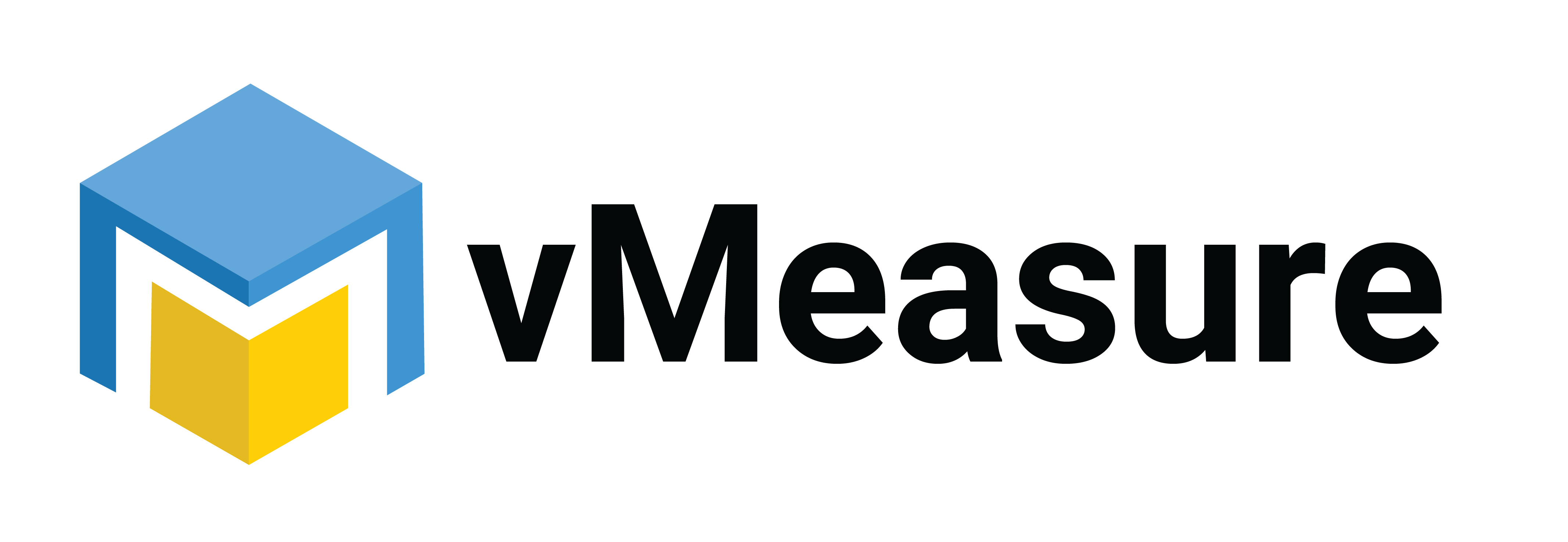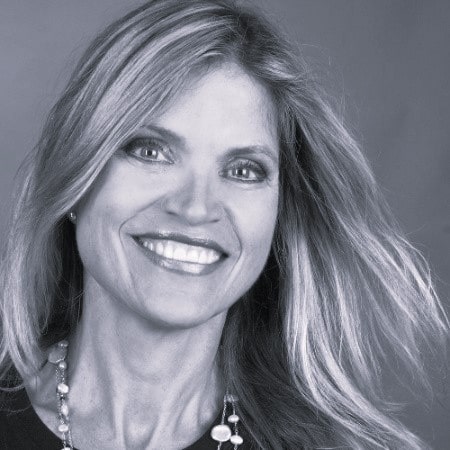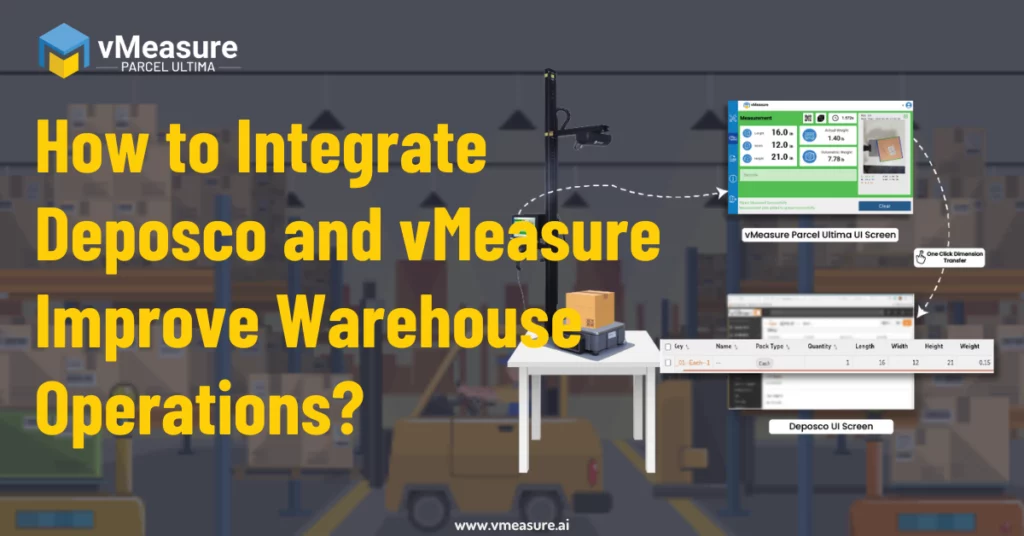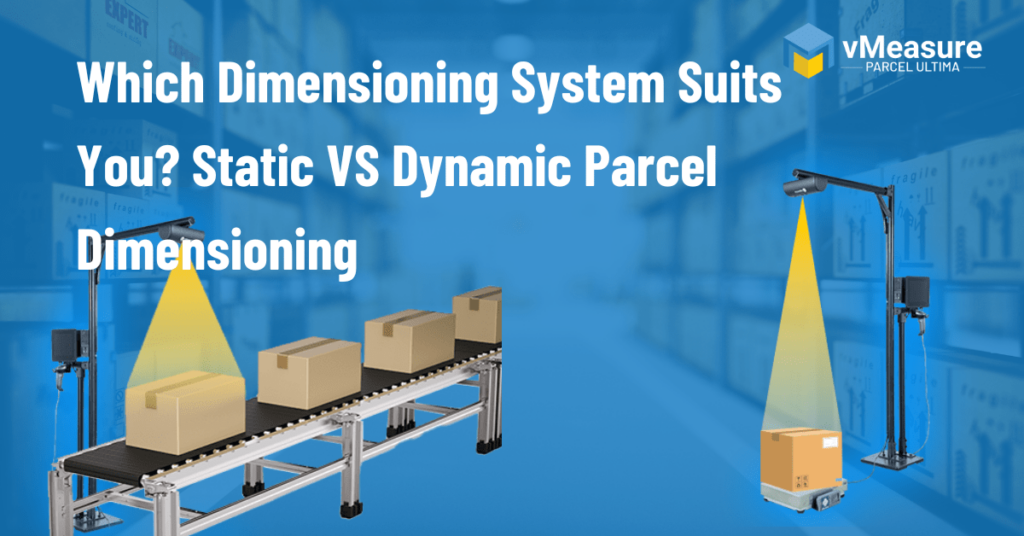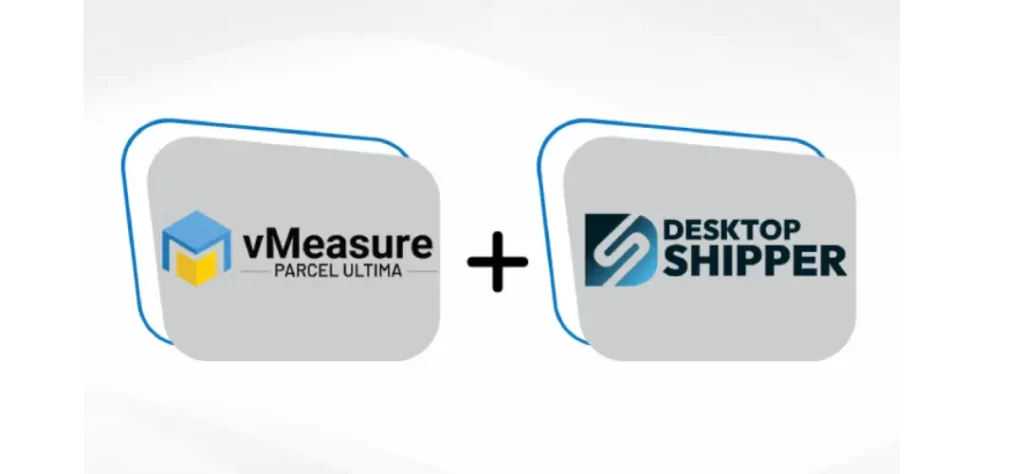Table of Contents
Introduction
In the world of buying and selling, logistics is the important link in the supply chain as it is like the organized magic behind getting things from where they are to where they need to be. The United States freight and logistics market size is expected to reach 1.69 trillion USD by 2029. Without effective logistics, the entire supply chain could face a significant breakdown.
Would you like to grasp in-depth industry knowledge about this growing industry? Then, learn from its trendsetters. They’re not just part of the crowd; they’re the visionaries reshaping the very essence of logistics. In an era where every delay can ripple into economic consequences, these influencers emerge as beacons of expertise, providing invaluable insights, innovative solutions, and a guiding light through the ever-evolving challenges of the logistics industry
In this article, we delve into the top 10 influencers who reshape the logistics industry. Whether it’s on podcasts, blogs, or social media, they’re sharing a ton of knowledge that’s pushing the whole logistics world forward.
Martijn Graat established LogisticsMatter, an independent thought leadership platform dedicated to the supply chain and logistics sectors. Additionally, he serves as the host of the Does Logistics Matter? Podcast, engaging in insightful conversations with thought leaders and experts across various logistics-related subjects. Drawing from a background in marketing and communications, Martijn has collaborated with numerous logistics companies and organizations throughout his career.
Cassandra Gaines, an entrepreneur, and influencer rocking up the transportation industry with her vibrant show, “MadGaines Live.” Every month, she hosts lively live streams, bringing in industry leaders and experts to spill the beans on everything logistics—think contract law, cargo claims, insurance, technology, and more. She has over 230,000 dedicated viewers across social media. Her expertise has even caught the attention of Business Insider and FreightWaves.
With 15 years of experience in the logistics industry including 10 years with UPS Supply Chain Solution, Cathy Morrow Roberson is a founder and head analyst of Logistics Trend & Insight a market research firm that provides customized logistics research and consulting services. She is a specialized writer on logistics market and its effects on manufacturing, e-commerce, and transportation. Additionally, she is a columnist for Forbes and Air Cargo World where she covers topics such as supply chain, air cargo, parcel, and last-mile and reverse logistics.
Adrian Gonzalez is the creator and presenter of Talking Logistics, a weekly online video talk show and blog that brings deep conversations with industry leaders and influencers in the supply chain and logistics sector. Additionally, he holds the position of president at Adelante SCM, a community fostering peer-to-peer learning and networking for professionals in supply chain and logistics. With over two decades of experience as a research analyst, consultant, and educator in the field, Adrian probes into various topics, including transportation management, supply chain visibility, sustainability, and social media.

Adrian Gonzalez
A certified women-owned business leader with more than 30 years of expertise in transportation and logistics, Kelly Saunders the president of Morai Logistics an authorized agent of Mode Transportation. She leads Morai Logistics with a focus on customer service, innovation, and
sustainability. She also mentors and supports other women and minorities in the industry. She is a member of several organizations, such as WEConnect International, Women in Trucking, and Women Business Enterprises Canada.
Rachel Premack serves as the Editorial Director at FreightWaves, overseeing content creation. She is the author of MODES, a weekly conversational newsletter focused on the supply chain industry. Rachel has a particular interest in covering news related to trucking. In addition to her role at FreightWaves, she contributes to various esteemed media outlets such as the New York Times, the Wall Street Journal, and Bloomberg, reporting on diverse aspects of the logistics industry. Before her tenure at FreightWaves, Rachel held the position of Senior Features Reporter at Business Insider until 2022.
Yossi Sheffi is a director of the MIT Center for Transportation and Logistics (MIT CTL). His expertise lies in optimizing systems, risk analysis, and supply chain management. He has founded or co-founded five companies, authored nine books, and published numerous scientific publications. Some of his notable books include “The Resilient Enterprise,” “Logistics Clusters,” “The Power of Resilience,” and “Balancing Green.” He consistently connects with his audience of 297000 on LinkedIn, sharing updates on the latest technology trends relevant to the logistics industries
Joe Lynch is the brains behind The Logistics of Logistics. It’s not just a company; it’s where logistics gets a serious upgrade. He’s also the voice behind The Logistics of Logistics Podcast, where he interviews entrepreneurs, leaders, and experts in the logistics industry. With more than two decades of experience in logistics and transportation, he’s on a mission to help logistics companies grow up their sales, marketing, and operations.
With a wealth of experience spanning more than 25 years, Craig Fuller stands out as a seasoned transportation and media executive. As the Founder and CEO of FreightWaves, a prominent company specializing in freight transportation news and information. Additionally, Craig holds the position of CEO at FLYING Magazine, a reputable publication in the aviation sector. His visionary leadership is leaving a lasting impact on the transportation industry.
Paul Page is the executive editor of the Wall Street Journal’s Logistics Report, a digital and print platform that covers news and analysis on logistics, supply chain, and transportation. He leads a team of reporters and editors who deliver in-depth and insightful stories on the trends and issues that affect the movement of goods across the globe. With more than 25 years of expertise as reporter, and editor bureau chief for various media outlets, such as The Washington Post, Congressional Quarterly, and Bloomberg News.
Ways a Dimensioning System Can Help You Claim Shipping Damages
Did you know that using just the right-sized packaging can save enough cardboard to wrap the Earth multiple times?
It’s incredible but true. According to the Environmental Protection Agency (EPA), packaging accounts for about 30% of the municipal solid waste that goes to landfills in the United States. This means that we throw away about 67 million tons of packaging every year.
Conclusion
In the logistics industry, these influencers are visionary architects reshaping the landscape. From thought-provoking conversations to rocking podcast shows and pioneering research, each influencer contributes a unique perspective. These influencers share a wealth of knowledge that propels the entire logistics world forward.
What is the difference between DIM weight and actual weight?
The actual weight is the exact weight of the product.
DIM weight also called volumetric weight calculates the amount of space a package occupies to its actual weight.
What is DIM weight pricing?
DIM weight pricing is a shipping calculation method that considers the volume of a package in addition to its actual weight. This pricing structure is used by many major shipping carriers, including UPS, FedEx, and the USPS.
Why is DIM weight pricing important?
It is important because helps shipping carriers to accurately calculate the shipping cost as it reflects the actual resources used by the carrier. Furthermore, it encourages shippers to use appropriately sized packages.
How to calculate dimensional weight?
Dimensional weight of the package = L * W * H / Dimensional Divisor
The dimensional divisor is carrier-specific. They vary from carrier to carrier.
How can I avoid overpaying for DIM weight pricing?
- Measure your packages accurately before shipping them.
- Use packaging that is the right size for your products, without any extra space.
- Negotiate with your shipping carrier if possible.
Join our newsletters for more content like this.
Ready to revolutionize your shipping process? Schedule a live call with our team to discover how our innovative solutions can drive your business forward.
